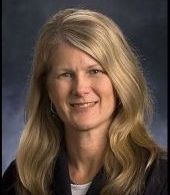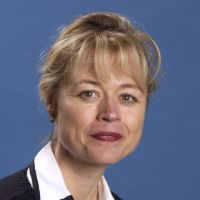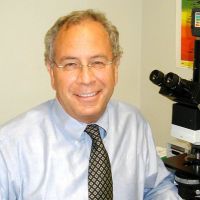Baylor College of Medicine Epilepsy Fellows are encouraged to participate in scholarly activity during their fellowship year. All scholarly activity projects are performed with mentorship from epilepsy/clinical neurophysiology faculty. Fellows have four weeks of elective time that they can use to dedicate to research if they so desire. Many trainees choose to participate in research projects during their fellowship. The Epilepsy programs at Baylor College of Medicine have a robust translational, clinical and basic science research program. View more about the research from our prominent research faculty.

The Anderson lab studies the molecular mechanisms by which signaling pathways modulate neuronal excitability in the immature hippocampus. View lab website.

Dr. Goldman heads up the Translational Epilepsy Neurogenetics Laboratory (TENGL) which is focused on a human translational research of genetic epilepsies. View Dr. Goldman's bio.

The Laboratory of Epilepsy and Emotional Behavior, led by Vaishnav Krishnan, M.D., Ph.D., is devoted to advancing our knowledge of the basic neurobiological mechanisms that underlie the strong associations between epilepsy and mental health disorders. View lab website.

Dr. Maheshwari researches the circuits that underlie brain dysfunction and how brain oscillations abnormally develop in both epilepsy and attention deficit hyperactivity disorder (ADHD).
View Dr. Maheshwari's lab website.

The principal research strategy in the Developmental Neurogenetics Laboratory is to apply mutational analysis to learn how genes regulate neuronal excitability and network synchronization within the mammalian central nervous system. View Dr. Noebels' bio.

The Functional and Cognitive Neurophysiology laboratory, led by Dr. Sameer Sheth, focuses on the study of human decision-making and cognition, as well as on the development of novel therapies for neuropsychiatric disorders. View lab website.








